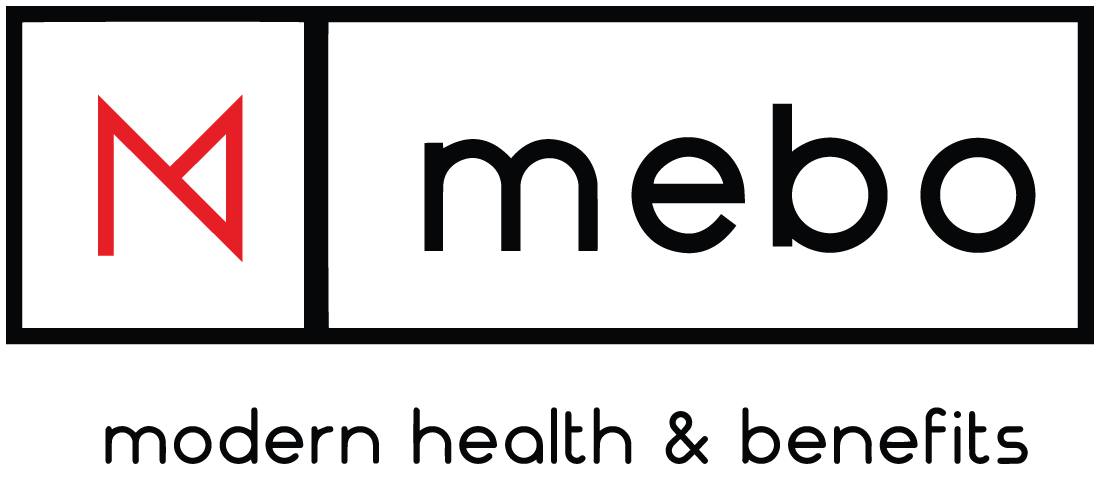Quantifying the Benefits of CSR Initiatives
Throughout the pandemic, many U.S. companies made contributions in the name of public health and well-being. As we near the end of the public health emergency and begin to adjust to our new normal, companies need to consider the business value and ROI of their CSR initiatives.
Although most leaders understand the benefits of implementing a Corporate Social Responsibility program, determining its business value presents a challenge. Most social impact activities are assessed for their social value only. This makes CSR activities much harder to quantify than other types of benefits.
What is CSR?
Corporate social responsibility (CSR) includes the strategies a company puts in place to ensure their operations are beneficial and ethical for society. Although CSR programs can vary from one company to the next, the main goal of CSR is to ensure operations occur in an economically, socially, and/or environmentally sustainable manner.
Why is CSR Important?
American consumers place a high level of importance on CSR. According to a study by Cone Communications, 63% of Americans would like to see businesses drive social and environmental change forward. This same study found that 87% of American consumers will purchase a product or service if the company advocates for an issue that they care about.
Despite what many leaders believe, it’s not just consumers that care about a company’s CSR initiatives. According to Cone Communications, 82% of millennial workers consider the CSR efforts of a company when deciding where to work. As many as 70% of millennial talent will take a 30% pay cut to work for a company with strong social values.
Choosing Causes to Support
While it’s important for companies to implement an effective CSR program, leaders must be careful to evaluate the causes they support. 76% of American consumers will refuse to purchase a company’s product or services if the company supports an issue contrary to their beliefs.
Many employers choose to partner with a foundation or hospital. These partnerships improve employee engagement, increase brand awareness and trust, while providing much needed support to programs that benefit the local community.
Determining ROI of CSR
When determining the value of acting, leaders must look at multiple factors. Research shows that employee engagement improves when employees share values with the company they work for. Increased engagement improves productivity. According to Gallop’s 2019 Employee Engagement Survey, highly engaged teams are 17% more productive. It’s common knowledge that increased productivity improves earning potential. Engaged workplaces are also safer for employees. Safer workplaces experience less accidents and lower healthcare costs.
Please click here for information about determining the ROI of a well-planned CSR program.
Employee Benefit Specialists
MEBO provides employee benefit plans customized to the needs of our clients. We assist companies with determining the value of their existing CSR initiatives. We also help businesses looking to plan or start an effective CSR program. Please contact us for information about our services.











